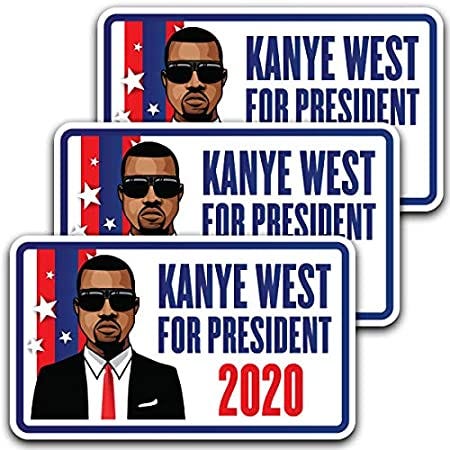20th January 2021. Populism | Trumpism
The economics that create populism; Trump’s cultural impact
Welcome to Just Two Things, which I try to write daily, five days a week, if I can manage it. Some links may also appear on my blog from time to time. Links to the main articles are in cross-heads as well as the story.
Two links that mark US Inauguration Day today, in different ways.
#1: The economics the create populism
Mark Blyth is a Scottish US-based economist who co-wrote Angrynomics with the finance professional Eric Lonergan—on how the economics of the 21st century has shaped populist politics. He turned up on the PERC Podcast just before Xmas—so, after the US election results were in, but before the mob assault on the Capitol.
There are good things all the way through this 40-minute conversation with Will Davis, the Goldsmiths’ academic who directs PERC, its Political Economy Research Centre, and there is only a few places where the economics gets a little technical. Here are a few that seem relevant on Inauguration Day:
The politics of the USA map almost exactly onto the politics of carbon transition. Democrat-voting (‘Blue’) states tend to be states whose “growth model” does well from a shift from fossil fuels; Republican-voting ‘Red’ states tend to have a growth model—an economic model—that depends on a continuing carbon economy. If the administration wants to push through any kind of ‘green’ in its stimulus measures, it will—Blyth’s phrase—have to “bribe” the Red states.
I liked his framing of the different big macro-economic ideas that have shaped the last 120 years as ‘code’ that eventually develops ‘bugs’, and so needs to be rewritten. The “code” for neoliberalism was designed to restore profitability to the corporate sector by suppressing wages—which it did brilliantly. There was a 11% swing in the shares of capital against labour in the US as a result. The bug was that because it was so effective at suppressing wages, the system needed people to take on credit to make the economy work. That only works for a while.
He touches on a couple of solutions, one of which was simple but radical. Given that our economies—including the US—are currently kept afloat because the central banks are willing to support them, especially stock markets, by buying assets. At the moment that benefits those wealthy enough to hold shares or bonds. But if the assets it bought went into a Citizens’ Wealth Fund instead you could quickly build up streams of dividends that reduce student debt or create individual endowments at, say, 21. He also wants big tech to contribute to that Wealth Fund by paying for using our data.
There’s a lot of energy here, and I liked Blyth’s simmering no-nonsense indignation (“no mainstream. political party anywhere has a plan to do anything about wealth”… “there’s this nudge nonsense”). If you prefer to read rather than listen to ideas, there’s an interview with Mark Blyth at Phenomenal World.
With the Inauguration on Wednesday it seems like a good moment to share a post on the way American popular culture has responded to his Presidency. Politico had a great piece at the start of the month, short-listing eight things:
These eight items represent the social upheaval, cries for justice, death-grip nostalgia, internet-abetted hustle and quietly driftless contemplation that have marked this era. They’ve come in forms both disruptively cutting edge and surprisingly old school. Individually, none can fully explain how we got from Trump’s 2015 escalator ride to this uncertain, transitional moment.
I’m not going to list them all here, but will pick out three:
Rosanne/ The Conners: Of course, ‘Rosanne’ got cancelled after Rosanne Barr let of a string of racist tweets about an Obama aide, but was reinvented with some of the original cast members and without Roseanne. It’s one of the few shows that has some empathy for the 70 million or so Trump voters.
The Fyre Festival: the island festival was a fiasco, of course. And its organiser was a convicted fraudster. But it caught so perfectly the world of social media, loose money, the pursuit of status and the role of mimetic desire in celebrity America, that it could have been a piece of performance art. All cons have a truth at their heart.
Kanye’s Presidential campaign: It’s possible that Trump’s 2016 campaign was actually designed to shore up his media properties, and it backfired when he won, so it seems appropriate that Kanye should run in 2020. His campaign faltered, but it was, says the article, “as surely a work of art as anything released in his two decade career, and singularly revealing in the way only a true provocateur can pull off.”
Corrections: Yesterday I got MI5 and MI6 mixed up. It is MI6 that used to be based at the “Circus”, and now enjoys a very visible Thameside headquarters. Thanks to Nick Wray for the note. The web version has been corrected.
j2t#013
If you are enjoying Just Two Things, please do send it on to a friend or colleague.



